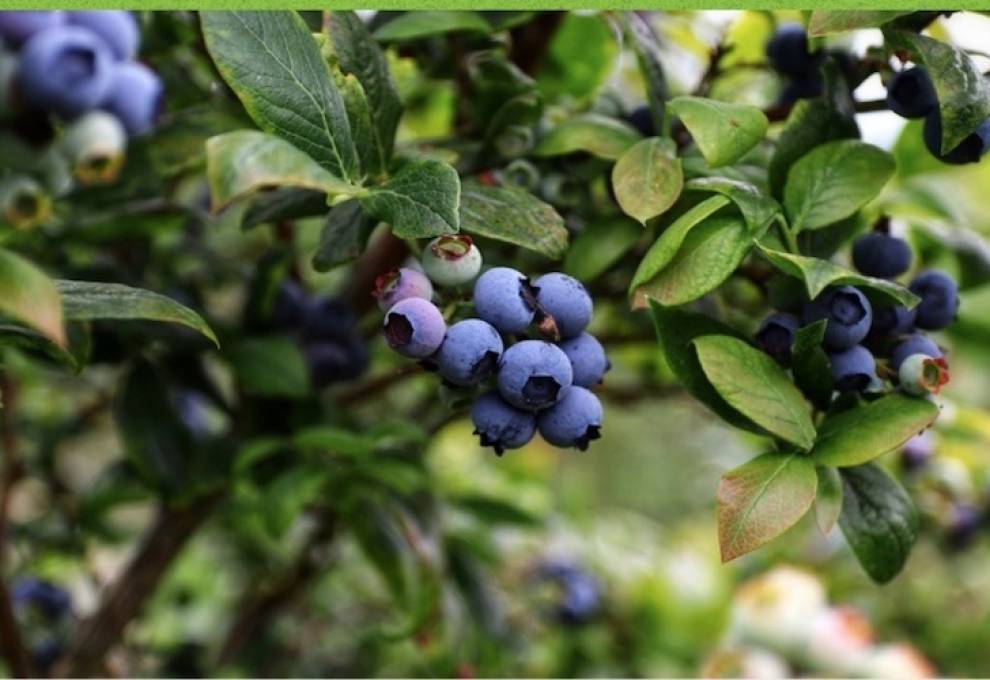
Bee Vectoring Technologies International Inc. is releasing strong spray trial results for the company’s proprietary Clonostachys rosea CR-7 (CR-7) biofungicide.
Data from the Michigan State University trial shows that when used on a blueberry crop, BVT’s CR-7 reduced early disease infection (shoot strikes) and Monilinia (mummy berry) fungal disease by more than 90 per cent compared to the untreated plot, and was equally effective as the grower standard (the conventional use of chemical treatments) when used as a spray application.
“Last year we announced our commercial collaboration and first sales order in the foliar application market,” said Ashish Malik, CEO of BVT. “These strong results support our work with partner BioSafe Systems and are in line with our plan to expand our addressable market. We are broadening the use of our proprietary biofungicide to a seed treatment, a spray application, a soil drench application and more – all in addition to the initial bee vectoring application.”
Dr. Tim Miles, extension specialist and leading expert on blueberry diseases at Michigan State University, led the 2023 trial on Berkeley blueberries, a variety highly susceptible to mummy berry. A technical grade CR-7 spray was applied to bushes from green tip to petal fall and compared to another plot sprayed with the grower standard.
“We can confidently conclude from the Michigan State University trial that BVT’s CR-7 controls fungal disease extremely well as a spray application,” said Dr. Mason Newark, field technical manager at BVT. “This trial demonstrates that CR-7 could be integrated into a pre-bloom or post-bloom spray program to extend disease control throughout the season.”
Mummy berry, caused by the fungus Monilinia vaccinii-corymbosi, is a major blueberry pathogen that causes yield and quality loss. Primary infections, called shoot strikes, can result in bush dieback and can be a source for secondary infections later in the season. Fruit “mummification” is not evident in early stages of development, but as the fruit develops, infected berries turn pink or light brown and eventually shrivel up. These shriveled berries then provide inoculum for subsequent seasons, resulting in a perennial pest pressure if not managed proactively.
There are plans to repeat the trial in coming years. “Additional trials will provide useful insights as BVT develops expanded uses of CR-7 beyond bee vectoring and into more conventional use patterns to expand control into a full season biological program,” continued Dr. Newark.
Source: Bee Vectoring Technologies April 17, 2024 news release

Add new comment